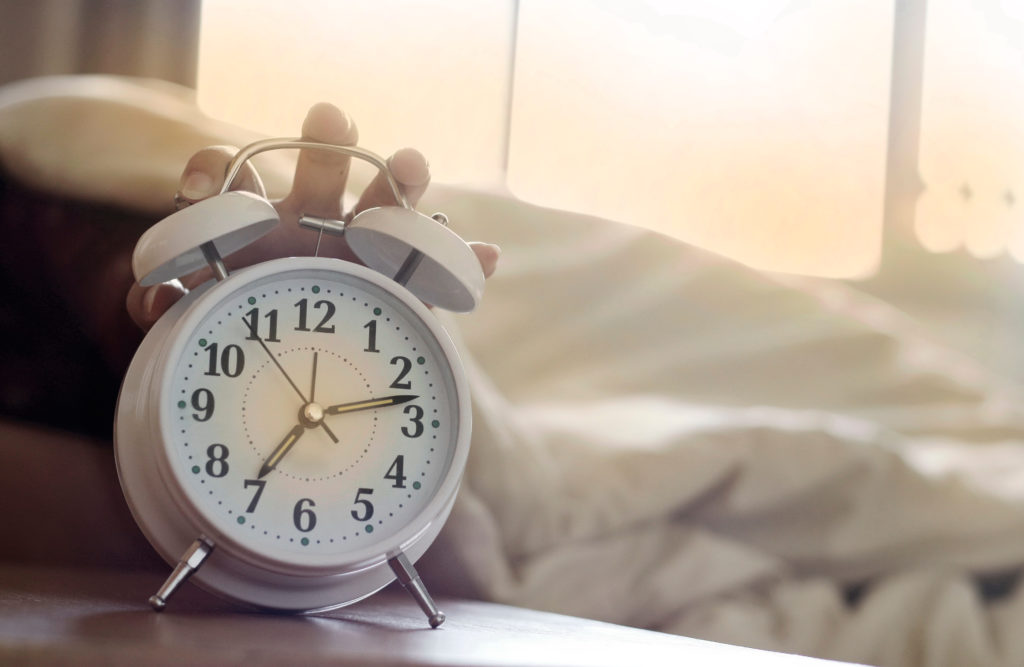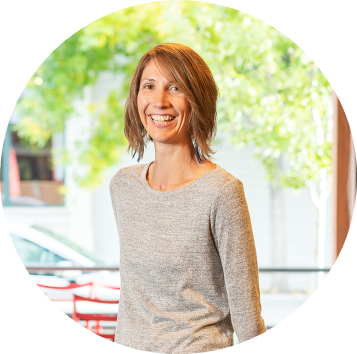A new study suggests that women who generally wake up early have a lower risk of developing breast cancer than women who stay up late. The study also found that women who sleep for longer than the recommended seven to eight hours per night joined night owls in having a higher breast cancer risk.
Previous research has suggested that whether a person prefers to be a night owl or a morning lark is dictated primarily by genetics and environmental and lifestyle factors. Additional research suggests that sleeping too much may have negative consequences for heart health.
We spoke with Dr. Rebecca Richmond, the study’s co-author and vice chancellor’s fellow at the University of Bristol in the UK, to better understand how women’s sleeping habits might relate specifically to their risk of breast cancer.
Sleep Timing and Breast Cancer Risk
The study, which has not yet been published but was presented at the recent National Cancer Research Institute Conference in Glasgow, examined data from nearly 400,000 women who contributed genetic data to the UK Biobank or the Breast Cancer Association Consortium (BCAC) study.
The researchers looked at approximately 450 genetic markers that are known to be associated with sleep, which helped provide insights into participants’ chronotypes (i.e., whether they’re most active at night or in the morning), sleep requirements, and insomnia risks, among other factors.
“Genetic variants (variation in parts of the DNA) have been previously identified in relation to self-reported sleep traits in the UK Biobank,” Richmond says. “In this previous study by Jones et al, 351 genetic variants were found to be specifically related to whether a person reported being a morning ‘lark’ or night ‘owl.’”
After running controlled data analyses, the researchers observed that women morning larks cut their breast cancer risk by anywhere from 40% to 48% compared to women night owls.
Additionally, women who slept for more than seven to eight hours per night demonstrated an approximate 20% increase in breast cancer risk per each extra hour beyond the recommended sleep duration.
While these findings were significant, Richmond notes that the study did not distinguish between a participants’ preferences for being a morning lark or night owl and their actual behaviors.
“The main findings in this study were based on whether individuals reported being more of a morning or an evening person and therefore refers to preference rather than actual behaviour,” she says. “Therefore, whether it is actual behaviour which poses the health risk, or the preference to the morning versus evening requires further evaluation before we will be able to know whether making changes to your sleep routine will alter breast cancer risk.”
The Downsides of Disrupted Sleep Rhythms
Richmond says the latest study’s findings are consistent with previous research, which found that cancer risk increases among those who participate in shift work or are exposed to light late at night.
“Findings of a protective effect of morning preference on breast cancer risk in our study are consistent with previous research highlighting a role for night shift work and exposure to “light-at-night” as risk factors for breast cancer,” she says.
These findings also dovetail with studies that have found adverse health consequences may arise when people adopt an inconsistent sleep schedule with their body’s natural circadian rhythms, whether because of work constraints or other lifestyle factors.
While more research is needed, this study adds to a growing body of research which suggests that a combination of genetics and sleep behaviors may inform disease risk.
[Editor’s Note: The content provided on this site is for general informational purposes only. Any information provided is not a substitute for professional medical advice. We encourage individuals to consult with the appropriate health expert if they have concerns.]
Featured image: Sergey Nivens/Shutterstock



